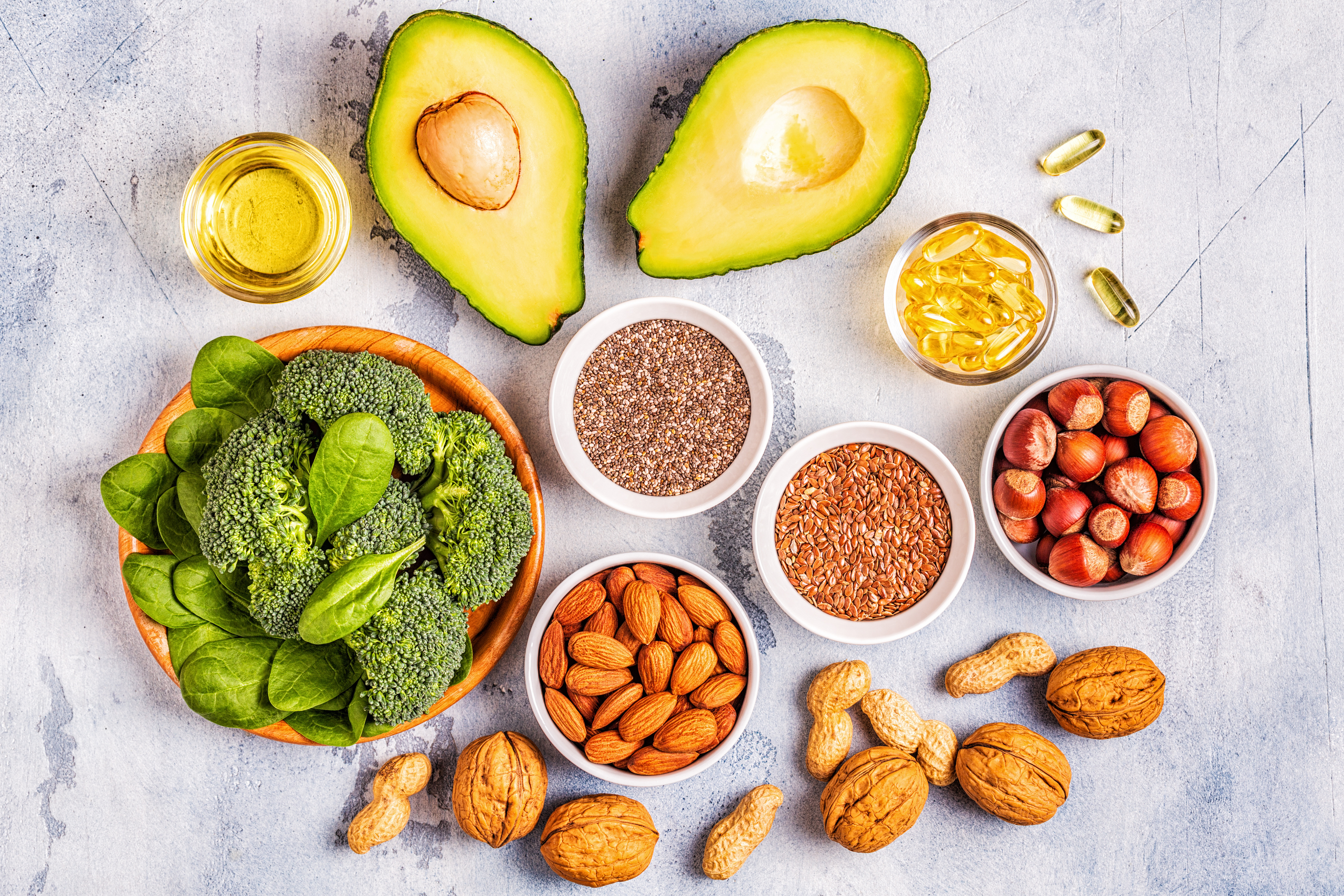In recent years, both the vegan and ketogenic diets have gained significant popularity due to their numerous health benefits. However, many people wonder if it is possible to follow both diets simultaneously. Can one go keto while being vegan?
According to registered dietitian and nutrition expert, Isabel Smith, the answer is yes. She recently embarked on a two-week journey to see if achieving ketosis while following a vegan diet was possible. Smith found that while it is possible, it is not without challenges.
The vegan ketogenic diet is highly restrictive, requiring individuals to limit their total carbohydrate consumption to 35 grams or less per day. Additionally, all meat, fish, eggs, and other animal products must be eliminated from the diet. Instead, 70% of one’s calories should come from plant-based fats, and about 25% should come from plant-based proteins.
Many nutrient-dense foods, such as fruit, vegetables, legumes, whole grains, nuts, and seeds, contain carbohydrates and must be avoided or restricted in the diet. Individuals following this diet must also supplement with nutrients they may not be getting enough of, such as vitamins D3, B12, B6, DHA and EPA, iron, zinc, and taurine.

While research studies do not examine what happens when one combines vegan and ketogenic diets, the benefits of each diet are well-known.
Vegan diets have been shown to lower the risk of various chronic health conditions, including heart disease, diabetes, and certain cancers, and individuals on a ketogenic diet have experienced weight loss and improvements in symptoms related to polycystic ovary syndrome, type 2 diabetes, certain types of cancer, Parkinson’s disease, and Alzheimer’s disease.
Smith confirms that achieving ketosis on a vegan diet is possible, but it is not for everyone. Some people may have better health when they consume some animal products, while others may feel much better on a high-carb vegan diet. Therefore, consulting with a registered dietitian or health professional is crucial before starting any new diet.
Additionally, it is important to make sure that the vegan diet is balanced and provides all necessary nutrients. This can be achieved by consuming a variety of plant-based foods such as fruits, vegetables, nuts, seeds, legumes, and whole grains.
Adequate protein, healthy fats, and essential vitamins and minerals are essential for maintaining optimal health on a vegan diet. Therefore, careful planning and monitoring of nutrient intake are necessary to ensure that all nutritional needs are being met. In summary, while achieving ketosis on a vegan diet is possible, it requires careful planning and consultation with a health professional to ensure that the diet is balanced and appropriate for individual needs.
Overall, the vegan ketogenic diet can be an effective way to simultaneously reap the benefits of both a vegan and a ketogenic diet. While it is indeed highly restrictive, with careful planning and proper supplementation, it is possible to follow this diet and maintain good health.
